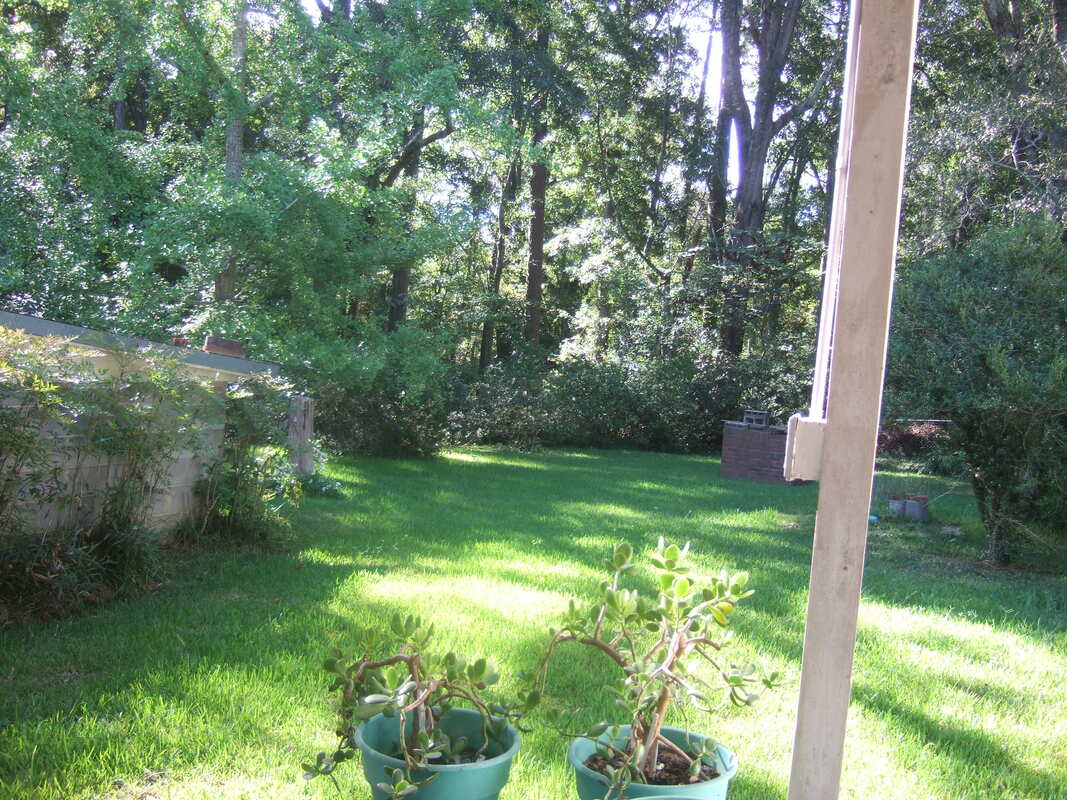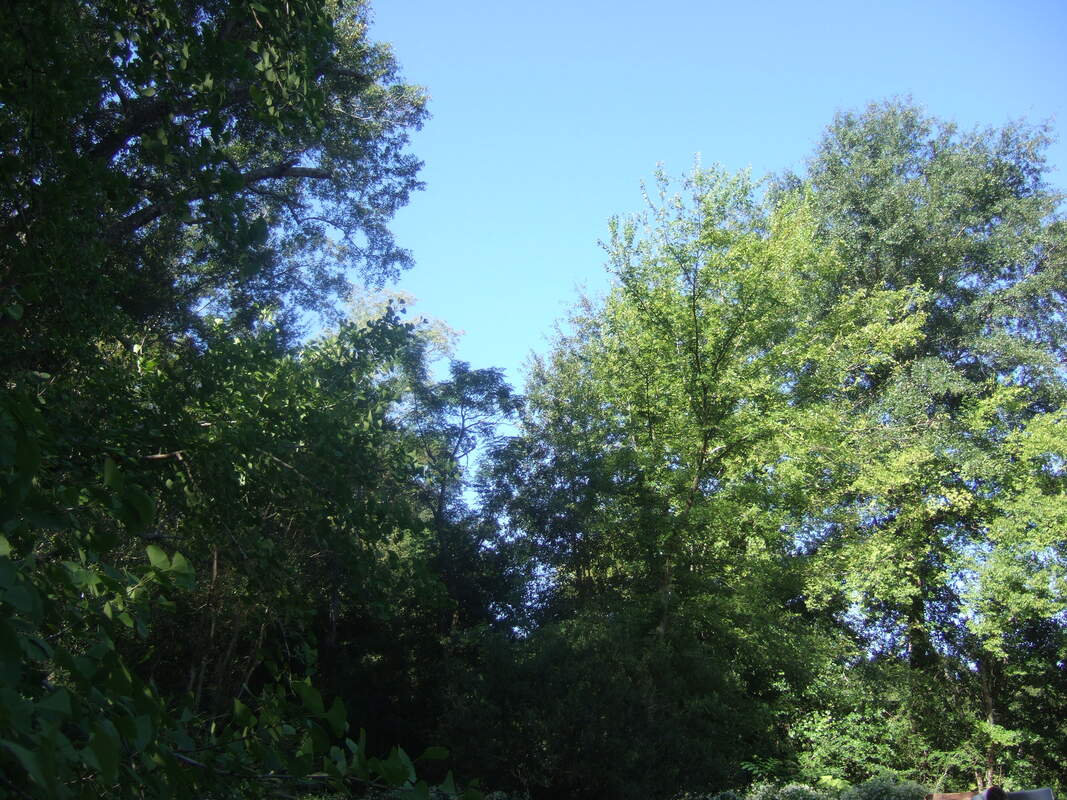Christmas is a day. Yes, attendant events take up a lot of time before (especially) and after, but the day itself is what’s most important. Ditto Thanksgiving. And Independence Day. But Labor Day itself is just the last day in that weekend.
At least for the white kids. The black schools had started in July so that they could be closed for a couple of months during cotton-picking season. Cotton break.
Christmas, Thanksgiving, and Independence Days were always celebrated with family feasts. Labor Day less so. If there was a gathering, it tended to be smaller. If family from out of town came, they had to rush back home on the day itself to get the kids ready for school the next day. Too, it was a day tinged with the taint of labor unions, and in my part of Alabama and certainly in my family persons in labor unions were looked down upon. Uncle King worked in the shipyards in Mobile, and when they were unionized he had to join the union. His siblings bemoaned that development and at least to me seemed to think less of Uncle King for doing so. Better manly starvation than join a union! (My mother’s father, King David Turberville, was an exemplar of Poor but Proud, and his offspring picked up on that.)
If my mother did hold a family gathering on that day, it was likely to feature fried fish, mostly river cat. Viana Rutly, my mother’s helper, was a great fish fry cook. Chances are some of the men in the family would have fished on Saturday and Sunday (and if not, or with little luck, my father would purchase fish from the back of a pick-up belonging to a more successful fisher, probably one using a trotline). Viana would hang the larger fish from a nail in the side of an oak tree and skin them, chop of the heads, filet them, and fry them in hot grease over an open fire in our fire pit. (That nail was gradually subsumed into the body of the tree, causing the tree man who took it down to ruin a chain on his chainsaw.) Smaller catfish would be gutted and beheaded and fried whole. (I preferred the filets: I had a deep fear of bones.) After the fish came out in would go the round dollops of hush puppies. (My mother would always have some minced onion in her hush puppies and I think a bit of powdered mustard, and I think they were they best I’ve ever had. And Viana knew just how to fry them so that the crisp outside was nicely balanced by the softer inside.)
The rest of the meal was simple. Potato salad and sliced tomatoes. Viana’s famous apple pie, accompanied by homemade vanilla ice cream made in the old-fashioned hand-cranked device with ice from a block that I’d have the pleasure of breaking up with an icepick.
But with rue my heart would be laden, for a summer of freedom was coming to an end. Back to school the next day, with that long bus ride to Greensboro, worse in its own way than school: the poor drivers, often students themselves, did not have the authority that teachers did and couldn’t keep the rowdy bullies in control.
After I moved to New York City in 1962 Labor Day Weekend became a bigger deal. I didn’t have that same sadness about going back to school. I was working at Columbia University, and although classes would be starting soon for returning students, only rarely did that involve me except as an employee. During my first 3 years I worked in the Journalism Library, and there was great excitement about the new class of students coming in for their Master’s Degree. When I moved behind the scenes into Documents Acquisitions the influx of students in the fall had less of an effect.
It seemed that everybody left town on Labor Day Weekend. The Hamptons, Fire Island, the Catskills. Everybody but me, it seemed. But I loved the city when it was so empty. Some of my fondest memories of the city involve my wandering streets much more nearly devoid of traffic both automotive and pedestrian. Skies tended to be blue and clear, and the air smelled fresher. I recall suggesting to a friend that I thought lots of people other than me also stayed in the city, but they remained in their apartments for fear of being spotted and labeled as not being invited to a country house or beach house. The shame! The shame!
In Alabama summer is far from over during Labor Day Weekend. Usually it is hot and dry (I was not surprised to discovered a Faulkner short story named “Dry September”), with dry brown grass and leaves dying on the trees well before autumn colors could appear. Most summers after I returned to Alabama in 1989 I have not had to mow my lawn after July 4. But this has been the wettest summer of my lifetime here in Alabama, and the grass is green, still thriving, and the trees are lush and green. But September is young and the 10-day forecast offers no promise of more rain, so Dry September may be in the books yet again.
But even so, Labor Day Weekend always reminds that summer will be ending, if not immediately. By now, and this year as always, one experiences the occasional day with lower humidity and a breeze from the northwest that foretells at least the possibility of the end of summer. When I was a child those days filled me with a marvelously sweet melancholy, wonderful and sad all at the same time. And the days are now obviously shorter. I’ve tended to have fairly quiet and uneventful Labor Day Weekends, and this year COVID means it will be even quieter and less eventful.
The COVID I complain about, the rest, not.


 RSS Feed
RSS Feed